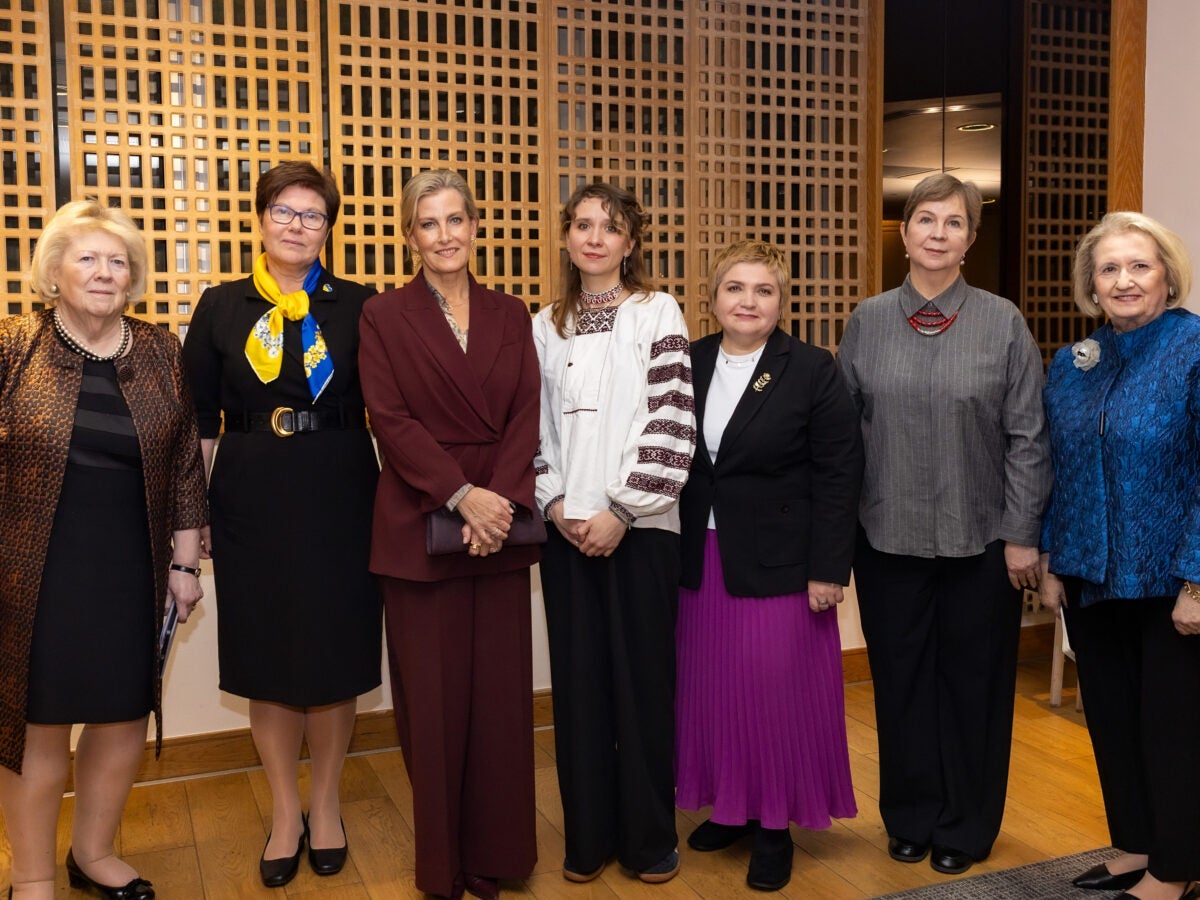Men & Boys Are Part of the Solution

Despite this important progress, many more men remain on the sidelines, likely asking themselves questions that I once asked myself: What gives me the credibility and legitimacy to work on these issues? What can I offer as a man? And what does working on women’s issues mean for how others perceive my masculinity?
Working for over four years as one of the few men in the Office of Global Women’s Issues at the U.S. Department of State forced me to grapple with these questions on a daily basis. Through my work, and my personal experiences as a husband and new father, I have realized, like the half million men that have already joined the HeforShe campaign, that the answer to these questions is rooted in our identities as men, rather than in spite of them.
As former Secretary of State Hillary Clinton has tirelessly advocated, women’s empowerment is “not just the right thing to do; it’s the smart thing to do,” not just for women and girls, but for all of society.
The evidence is clear: when women and girls succeed, so do men and boys. Providing women and girls opportunities does not undermine or threaten the status of men and boys; rather, it enhances the opportunities available to all.
According to the United Nations, failure to integrate women fully into the workforce is costing the Asia-Pacific region approximately $89 billion each year in unrealized output. This figure represents a significant increase in the projected loss, which the United Nations originally reported in 2007 as $42 to $47 billion per year. These numbers have real implications, which are spurring men to take action.
Shinzo Abe, prime minister of Japan and leader of the third largest economy in the world in terms of nominal GDP, has recognized that addressing Japan’s economic and demographic realities – which include an aging and declining population – requires wide-ranging policy reforms. His government must determine how to remedy the false choice currently facing Japanese women: participating in the work force or raising a family. These reforms are not merely about gender equality and fairness; they are about creating a brighter economic future for all citizens.
In the corporate world, Muhtar Kent, chairman of The Coca-Cola Company, has prioritized integrating women entrepreneurs across the entire Coca-Cola value chain, from retail to distribution to sales, in recognition that women are key to driving the company’s long-term growth globally.
Common sense dictates, and the data support, that if half the world’s population remains marginalized, spurring economic growth, resolving deep-rooted political differences, and addressing global challenges like climate change and food security will be extremely difficult, if not impossible. These are challenges that impact all of us, and it is critical to encourage and support men and boys in working on these issues for a brighter future for all.
It is this recognition – that women’s issues are also men’s issues – that lends legitimacy to men and boys who work to empower women and girls. And it is imperative that more men seize on this legitimacy to do more on behalf of women and girls worldwide.
The reality is that men continue to be overrepresented in positions of power around the world, whether in the halls of government or corporate boardrooms. And as the seemingly continuous stream of news stories implicating high profile athletes to violent extremists reminds us, violence against women, perpetrated primarily by men, remains a global scourge.
We as men can and must do more: Mentor a promising woman in your company. Volunteer at a domestic violence hotline or shelter. Support your wives and daughters in their choices about their lives. Explain to your male friends why these issues are so important, not just for women and girls, but for men and boys also. The opportunities are as infinite as they are profound.
As 15-year-old Briton Ed Holtom said last fall following Emma Watson’s speech at the United Nations launching the HeForShe campaign, “Feminism is not about man-hating or female supremacy. It is, by definition, the opposite. It’s pretty simple, really: If you believe in the social, political, and economic equality of the sexes, you’re a feminist.”
Men and boys must embrace the inherent equality that feminism promotes, one that views female progress as essential to human progress. It is this view of manhood and feminism that enables me to speak proudly and confidently about my work in support of women and girls. It is a view I hope that many more men, as well as my new son and his peers, will readily adopt. Our collective future depends upon it.
Justin Sosne, former senior policy advisor, Office of Global Women’s Issues, U.S. Department of State; current senior director, BowerGroupAsia, and first-time father.
Explore More

“No Amnesty, No Silence:” Ukrainian Women Urge Accountability for War-Time Sexual Violence
Last week, the Georgetown Institute for Women, Peace and Security (GIWPS) brought…

Guerras y conflictos tienen en jaque los derechos de las mujeres en…

One Year After the Transition: Syrian Women Reflect on a Fragile Opening…
One year after the fall of the Assad regime, the Georgetown Institute…